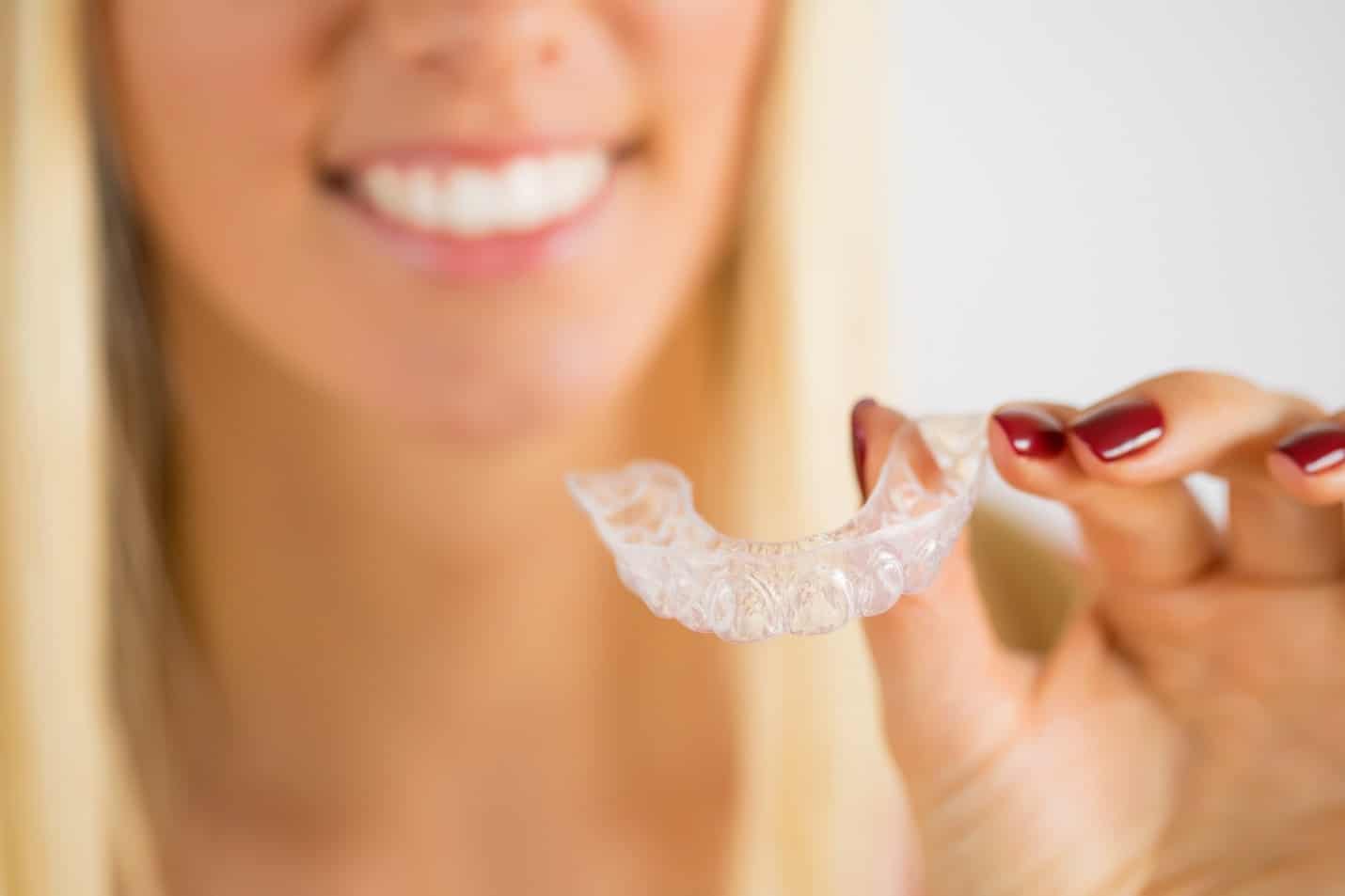A typical procedure that can restore your smile and replace missing teeth is surgery of dental implants before and after the operation. It is normal to have concerns about what to anticipate if this treatment is something you are thinking about. The procedure will be divided into three easy steps in this article: before, during, and after the operation.
Before The Surgery
Consultation
Consultations with your dentist mark the beginning of your dental journey. Your mouth will be examined, X-rays taken, and your medical background will be discussed. By doing so, they can decide whether you would make a good candidate for affordable dental implants near me in Houston.
Plan of Care
A walk in dentist will design a tailored treatment plan if they determine that you are a good candidate. The quantity of implants required and the precise procedures are described in this plan. A timetable and estimated costs are also included.
Preparation
You’ll be given information on how to be ready prior to the procedure. This can entail planning transportation to and from the dental office, fasting before the treatment, or taking antibiotics.
During The Surgery
Anesthesia
Your dentist will use anesthetic the day of your procedure to numb the area where the implant will be inserted. You can decide on the appropriate anesthesia for you, such as sedation or local anesthetic.
Implant Placement
To access the jawbone, the dentist will create a little incision in your gum. After that, they will gently put the implant after drilling a small hole in the bone. This implant functions as a substitute tooth root.
Healing Cap
A healing cap or cover screw may be applied to the implant after it has been inserted to protect it. In other instances, this phase is omitted, and your gum tissue covers the implant instead.
Stitches
You might need stitches to close the gum tissue, depending on the sort of incision you have. After a week or two, these stitches might dissolve on their own or need to be removed.
After The Surgery
Recovery
You’ll need some recovery time after the procedure. The majority of people have some swelling and discomfort, which can be controlled with painkillers and cold packs.
Diet
Dietary advice will be given by your dentist during the recovery process. In the beginning, soft foods and beverages are frequently advised to prevent putting too much pressure on the implant site.
Oral Hygiene
It’s important to practice healthy dental hygiene. The first few days after surgery, you might be instructed to use a specific mouthwash and refrain from brushing the surgical region. A gentle rinse in warm salt water is frequently advised.
Follow-Up Consultations
Dentists open saturdays will schedule follow-up appointments with you to check on your recovery. They’ll check to see how effectively your jawbone and the implant are integrating.
Restoration
Your dentist will connect an abutment to the implant once it has properly fused with the bone, which could take a few months. Your final restoration is connected by the abutment.
Finally Restoring
The abutment is covered with a crown, bridge, or denture as the last phase. This repair offers a proper bite and is constructed specifically to match your original teeth.
Conclusion
The successful and well-established method of replacing missing teeth is dental implant surgery. Your worries can be reduced by knowing what to anticipate before, during, and after the procedure. Keep in mind that every person’s experience may be a little different, so it’s critical to adhere to your dentist’s recommendations for the greatest results. A dental implant near me can offer a durable and natural-looking solution for your smile with the right maintenance and care.
Congrats! You’ve Finished This Blog.




